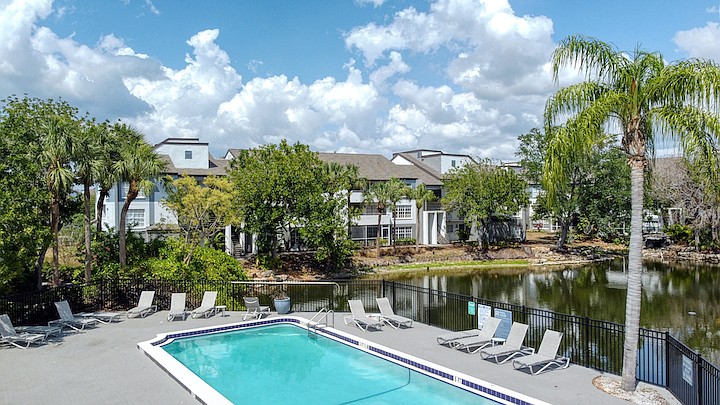- December 15, 2025
-
-
Loading

Loading

A Fort Myers apartment complex has sold for more than $120 million to a Dallas real estate investment firm that specializes in sales/leaseback transactions.
The sale was completed in March, with Cardinal Capital Partners paying $122.5 million for the 936-unit The Lennox Apartment Homes on Red Cedar Drive, according to Lee County property records.